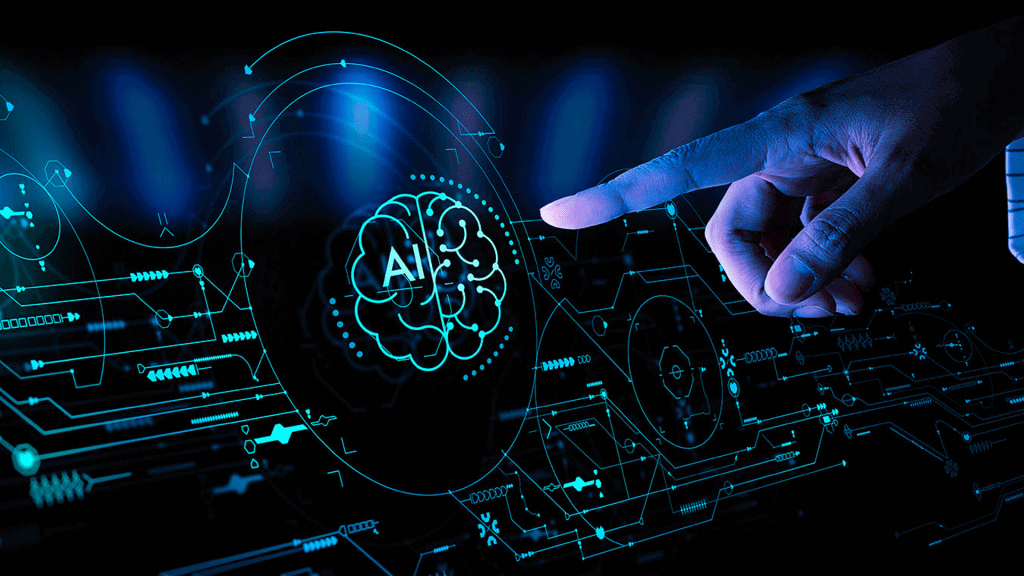How Quantum Computing Will Change Cybersecurity
Quantum computing is set to revolutionize the digital landscape, and one of the areas it will impact the most is cybersecurity. As traditional cryptographic systems become vulnerable to quantum algorithms, the cybersecurity world faces both significant challenges and groundbreaking opportunities. This blog explores how quantum computing will reshape the way we secure data and systems in the future.
What is Quantum Computing?
Quantum computing uses the principles of quantum mechanics to process information. Unlike classical computers that use bits (0s and 1s), quantum computers use qubits, which can exist in multiple states simultaneously (a concept called superposition). This enables quantum computers to perform complex calculations at unprecedented speeds.
Why Quantum Computing Matters for Cybersecurity
The power of quantum computing can break traditional cryptographic algorithms that secure most of our online communications and data storage. However, it also introduces new ways to protect sensitive information through quantum-resistant cryptography and quantum key distribution (QKD).
Challenges Quantum Computing Brings to Cybersecurity
- Breaking Encryption
- Traditional algorithms like RSA and ECC (Elliptic Curve Cryptography) rely on the difficulty of factoring large numbers or solving discrete logarithms.
- Quantum algorithms, such as Shor’s algorithm, can solve these problems exponentially faster, rendering current encryption vulnerable.
- Impact on Blockchain
- Blockchain technology relies on cryptographic methods that quantum computers could potentially compromise.
- This puts cryptocurrencies, smart contracts, and decentralized systems at risk.
-
Data Breaches
- Sensitive data currently encrypted for long-term storage could be decrypted retroactively once quantum computers become mainstream.

Opportunities Quantum Computing Brings to Cybersecurity
- Quantum-Resistant Cryptography
- Researchers are developing post-quantum cryptography (PQC), which uses algorithms resistant to quantum attacks.
- These algorithms will secure data even in the quantum era.
- Quantum Key Distribution QKD leverages quantum mechanics to generate and share encryption keys securely. It ensures that any eavesdropping attempt is immediately detected.
- Enhanced Threat Detection
- Quantum computing’s ability to process massive datasets can improve anomaly detection and cybersecurity analytics.
- This could revolutionize intrusion detection systems (IDS) and security operations centers (SOC).
How to Prepare for the Quantum Era
- Adopt Post-Quantum Cryptography
- Start transitioning to quantum-resistant algorithms. Organizations like NIST are already standardizing these algorithms.
- Invest in Quantum Research
- Businesses and governments should invest in quantum computing research to stay ahead of the curve.
- Educate and Train Cybersecurity Professionals Equip cybersecurity teams with knowledge about quantum technologies and their implications.
- Collaborate on Standards
- Global cooperation is essential to establish standardized quantum-safe practices.
- Global cooperation is essential to establish standardized quantum-safe practices.
Conclusion
Quantum computing is both a challenge and an opportunity for cybersecurity. While it poses threats to traditional encryption, it also offers innovative solutions to secure the digital world. The time to prepare for the quantum era is now. By adopting quantum-resistant technologies and investing in research, we can ensure a safer and more resilient cyberspace.





